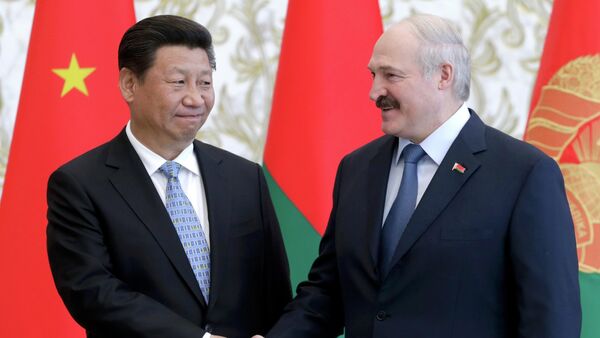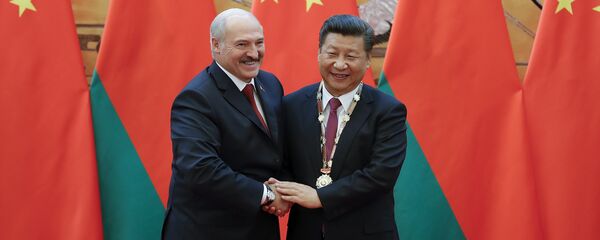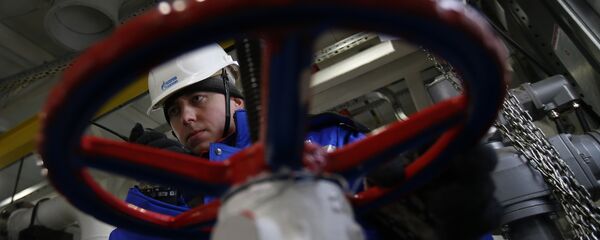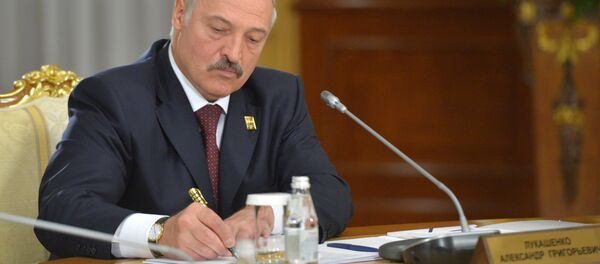"The total sum of contracts, current and future, is nearly $11 billion," said Belarusian Ambassador to China Kirill Rudiy.
According to the diplomat, currently both countries are shifting from "credit" to "investment" cooperation, which means direct Chinese investments into the Belarussian economy.
Minsk and Beijing are planning a number of joint projects. In particularly, they include assembling Belarus-produced MAZ and BelAZ trucks in China while manufacturing a wide range of Chinese goods in Belarus.
According to official sources, in the near future Belarus will receive $230 million of technical and economic aid. The money is supposed to be spent on a joint industrial park. Moreover, Belarusbank will receive a $100 million loan from the Chinese People’s Bank. Both sides also have agreed on deliveries of Belarus-made agricultural goods to China.
However, all these statements and plans are unlikely to become reality, political observer Alexander Klaskovsky wrote in an article for the Belarusian news website Naviny.by.
"Presentely, mutual cooperation looks like this: China is constantly winning while Belarus is losing in many aspects," the author wrote.
He underscored that the main problem is that Belarus cannot offer to China a high-demand, competitive product.
For example, the main part of Belarusian exports to China is potash fertilizer. China was in long-standing talks, however, recently, the price dropped and they were able to capitalize on this by receiving a $30 dollar discount.
The author also noted that Belarusian companies do not produce hi-tech products that could attract Chinese investors.
"Belarusian exports to China are failing. During the first seven months of 2016, Minsk sold products worth $107 million to China, which accounts only for 21.5 percent of the volume in the same period a year ago," the article read.
Meanwhile, Chinese companies are flooding the Belarusian market with all kinds of products, from garments to smartphones, the author added.





